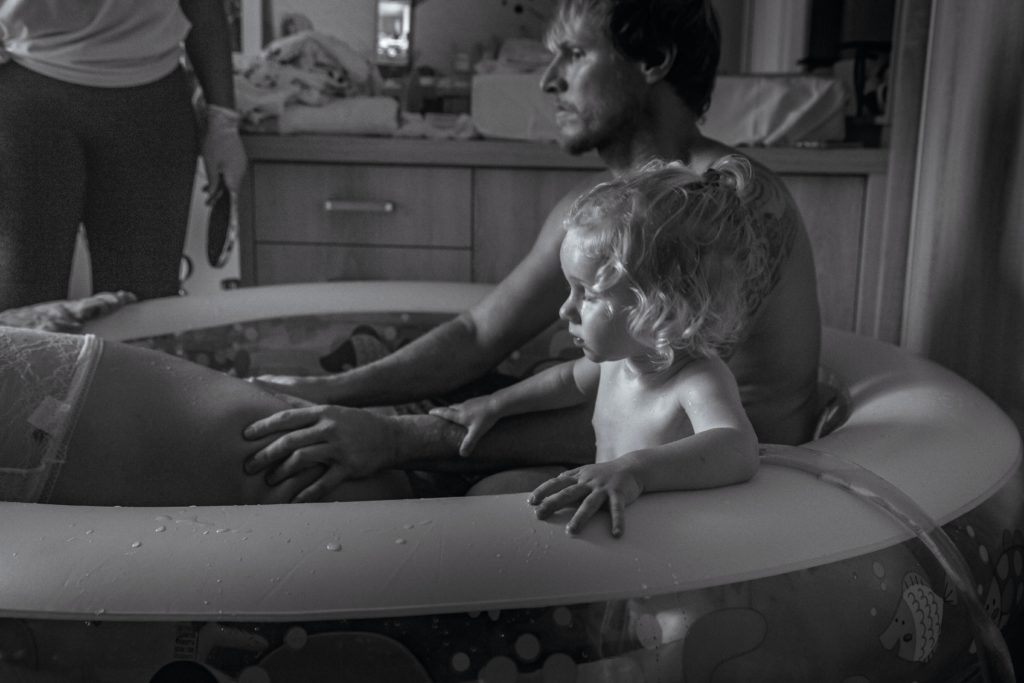Hormones play a big role when it comes to pregnancy and birth. Here we explore what they do and why.
Hormones in Labor and How They Work: A Closer Look
You know your hormones are going to be working hard at this time but you might not know exactly what they’re doing. You’ll in fact have four major hormonal systems active when you’re in labor and giving birth. These hormones are:
- oxytocin (the love hormone)
- beta-endorphins (the hormones of pleasure and transcendence)
- epinephrine and norepinephrine (the hormones of excitement)
- prolactin (the mothering hormone).
Here’s what impact all four will have on you…
Oxytocin or the love hormone
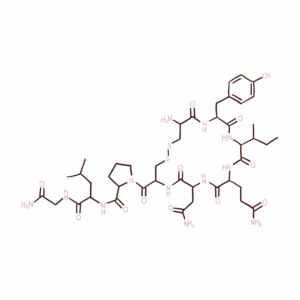
Oxytocin is the love hormone, which is why it’s released during sex, orgasm, birth, and breastfeeding (Odent, 1999; Buckley, 2002).
Oxytocin will make you feel more affectionate and selfless, and its main function in labor is to bring on contractions. You’ll get a surge of oxytocin in the final stage, so if you’re having a vaginal birth it will help you along with pushing.
Oxytocin reduces stress, calms you down, and helps with pain during labor. Impressively, your baby will also produce oxytocin before and during labor.
Oxytocin hangs around after birth too, helping you feel more relaxed, well-nourished, and bonded with your baby. It helps with the let-down reflex during breastfeeding and protects you against postpartum hemorrhage.
Beta-endorphins or the pleasure hormones
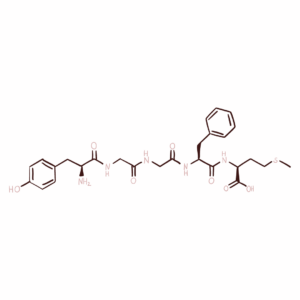
Endorphins are naturally occurring opiates, similar to morphine and heroin. Like oxytocin, they mostly appear during sex, pregnancy, birth, and breastfeeding. Beta-endorphins reduce pain and suppress the immune system, which is important so that it doesn’t act ‘against’ your baby.
If you’re stressed during labor, that can make you release excessive beta-endorphins, which may inhibit oxytocin and slow things down. That’s why keeping things as calm as possible is a great thing in labor.
Beta-endorphin also helps with the release of prolactin during labor, preparing your breasts for feeding.
And one more thing: it helps in the final phase of your baby’s developing lungs too.
Epinephrine and norepinephrine or fight or flight hormones
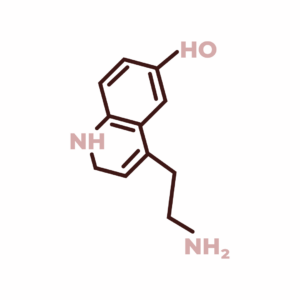
You might have heard these two referred to as fight-or-flight hormones but their proper names are epinephrine and norepinephrine (adrenaline and noradrenaline). They are produced during stresses like fright, anxiety, hunger, or cold and also when you’re excited.
You’re likely to get a high level of these hormones if you don’t feel private, calm, safe, and undisturbed and they can then inhibit oxytocin. Yet in the late-labor stage, if you perceive danger or stress, they may paradoxically stimulate contractions so you give birth more quickly.
A rise in epinephrine when you’re in the later stages of labor increases your levels of prostaglandin and cortisol to help with contractions. This will make you feel a sudden rush of energy and will cause several strong contractions and will help you push.
These hormones help your baby too by protecting them against a lack of oxygen. Your baby will have high levels of these hormones during birth but they’ll drop quickly once you soothe them afterwards.
Prolactin or the mothering hormone
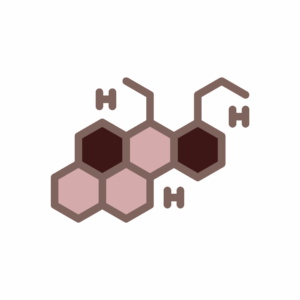
Prolactin is the mothering hormone. And it’s the major hormone for breastfeeding.
Prolactin starts to increase during pregnancy and peaks at birth. Your baby produces prolactin in the womb too.
Hormones and your feelings after birth
Lots of women get the baby blues during the first week after the birth of their baby. You might feel down or depressed, emotional or irritated, and likely to burst into tears at any second.
Don’t despair though: these symptoms are totally normal. They’re due to the sudden hormonal and chemical changes that happen after you give birth.
If you feel like you are suffering from something more extreme and it isn’t going away though, talk to your provider. You might be suffering from postnatal depression and should get some support or help right away.
If you’re looking for extra pregnancy support, let’s set up a free consultation! Book yours here.
